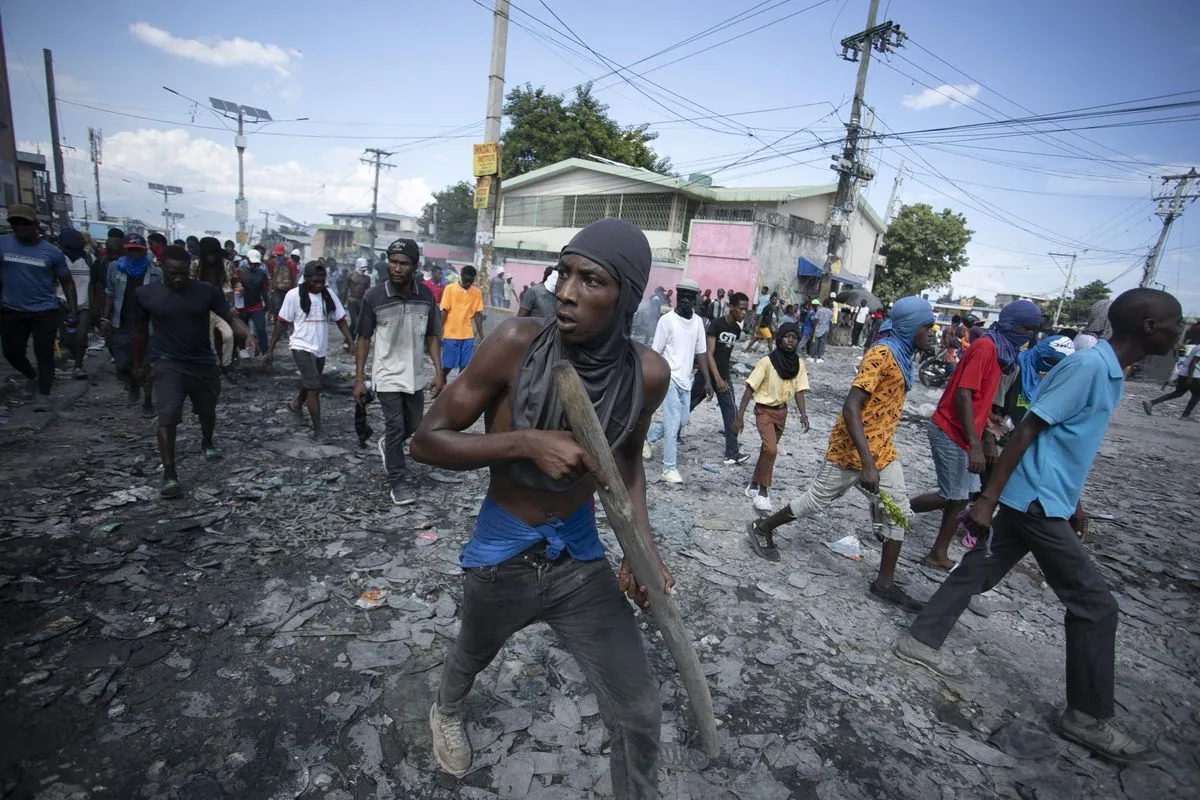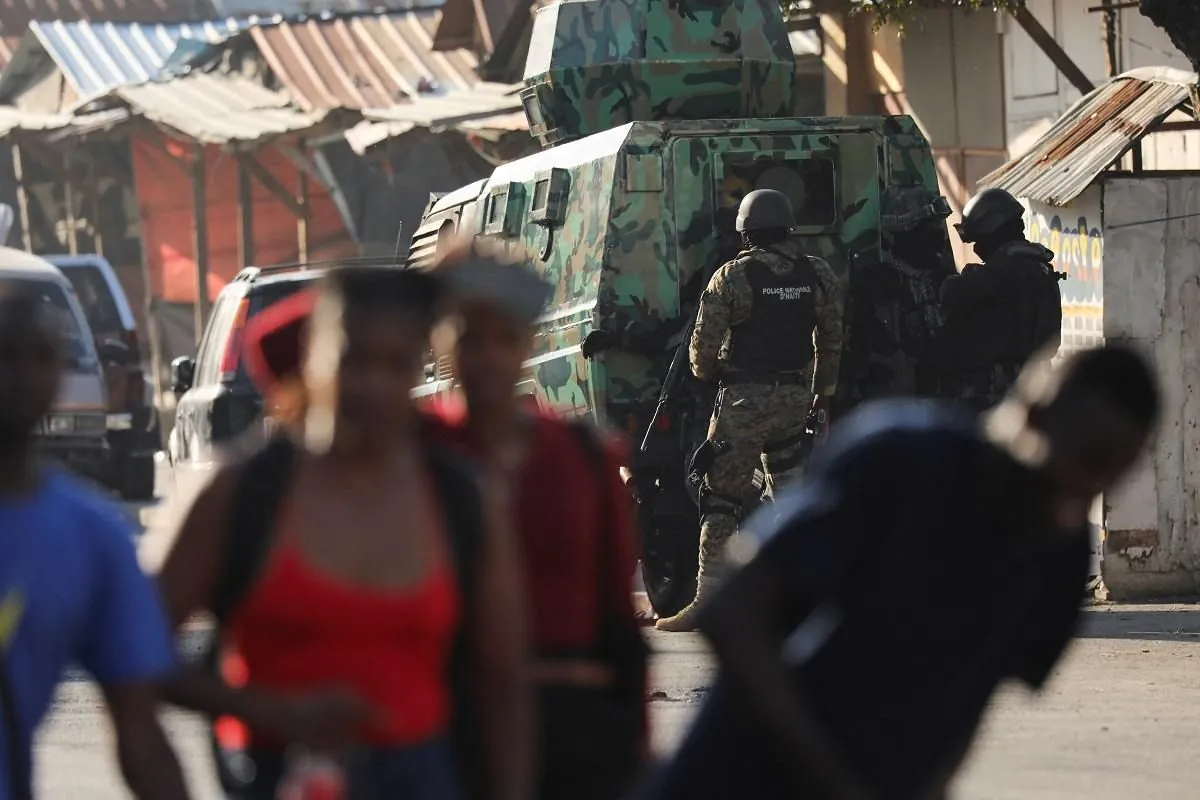UN Expert Warns of Deteriorating Situation in Haiti as Security Mission Falters
UN human rights expert William O'Neill reports worsening conditions in Haiti, urging immediate action. Gang violence, displacement, and hunger escalate as international security mission faces deployment challenges.

In a recent assessment, William O'Neill, the United Nations' expert on human rights in Haiti, has sounded the alarm on the deteriorating situation in the Caribbean nation. As the deadline for the international security mission approaches, O'Neill emphasizes the urgent need to amplify efforts to rebuild security in the country.
"The solutions are there, and they already exist. But efforts must be redoubled immediately. This enduring agony must stop. It is a race against time."
Haiti, the poorest country in the Western Hemisphere, continues to grapple with severe challenges. Powerful gangs, armed primarily with weapons trafficked from the United States, have seized control of most of the capital and expanded their influence to nearby areas. This has resulted in mass displacement, food and medical shortages, record hunger levels, and widespread sexual violence.
The international security mission, requested by Haiti's former government in 2022, has faced significant hurdles. With less than two weeks remaining on the initial one-year mandate, only a fraction of the promised troops have been deployed, and results remain limited. O'Neill notes that the mission's equipment is inadequate, and its resources are insufficient to address the escalating crisis.

The humanitarian situation in Haiti has reached alarming levels. Approximately 700,000 people are now internally displaced, with half of them being children. This marks a substantial increase from the 580,000 estimated in June 2024. The crisis has spread to southern areas previously unaffected by the conflict, leading to soaring inflation, lack of essential supplies, and an influx of displaced individuals.
Haiti's health services have been severely impacted, with less than a third functioning normally. Close to 5 million people face severe hunger, a situation particularly dire in prisons where overcrowding and unsanitary conditions have led to numerous inmate deaths. The country's justice system is struggling with corruption and overcrowded prisons, with more than 80% of prisoners awaiting trial.
Despite the gravity of the situation, international aid has been slow to materialize. Only about 400 of the 2,900 promised troops have arrived to assist Haiti's police force. Additionally, a mere $63 million has been paid into the UN's dedicated trust fund for the mission.
Haiti's challenges are deeply rooted in its complex history. Since gaining independence from France in 1804 as the first independent black republic, the country has experienced over 30 coups. Its vulnerability to natural disasters, including the devastating 2010 earthquake that claimed over 200,000 lives, has further complicated its path to stability.
As the international community grapples with how to address Haiti's multifaceted crisis, the country's rich cultural heritage, including its vibrant art and music scenes and unique Vodou practices, stands in stark contrast to its current struggles. With only about 2% of its original forest cover remaining, Haiti faces not only security and humanitarian challenges but also significant environmental concerns.
The situation in Haiti serves as a stark reminder of the complex interplay between historical, political, and environmental factors in shaping a nation's trajectory. As the deadline for the security mission looms, the international community faces mounting pressure to deliver on its commitments and help steer Haiti towards a more stable and secure future.


































